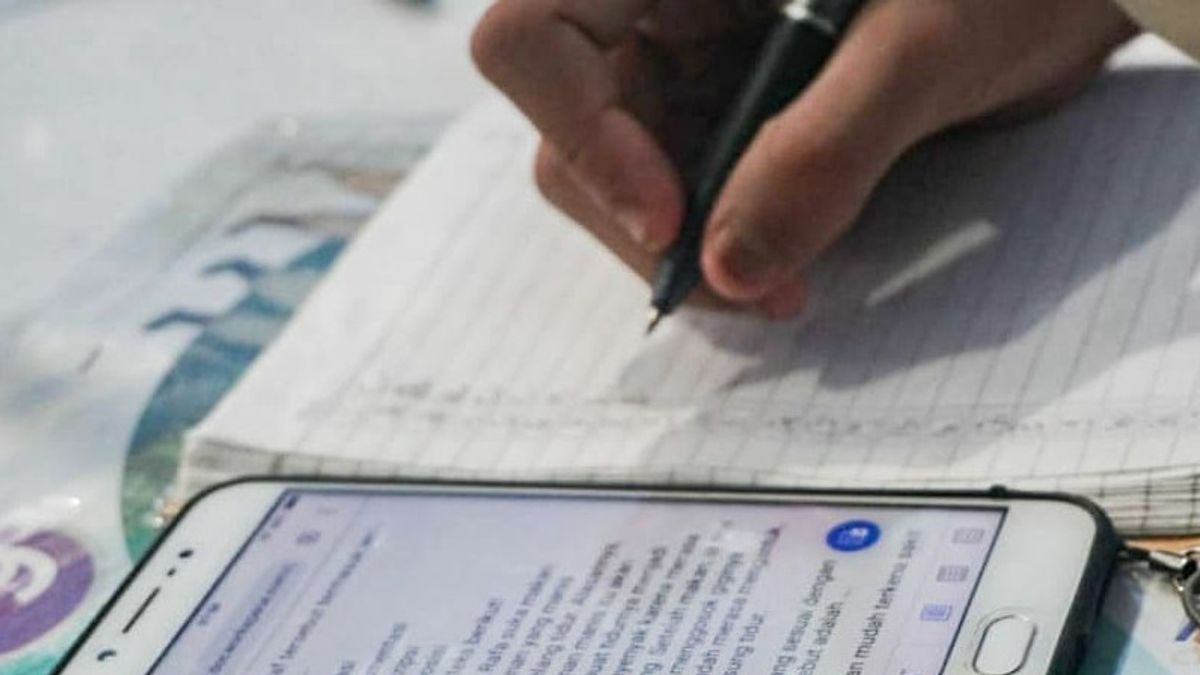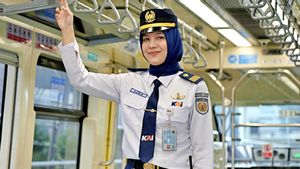JAKARTA - Deputy for Coordination of Education and Religion of the Coordinating Ministry for Human Development and Culture (Kemenko PMK) Agus Sartono said that the re-opening of schools for face-to-face learning was carried out due to various considerations.
For one thing, the distance learning system (PJJ) that was carried out during the COVID-19 pandemic had a negative impact because it made the dropout rate higher because they had to work to help their parents.
"The learning system that is not carried out face-to-face in schools has a negative impact on children. We have the potential to face high dropout rates because many students are forced to work to help their parents and families during this pandemic," said Agus in a press conference which aired on the Ministry of Education and Culture's YouTube account, Friday, November 20.
In addition, differences in access to the quality of distance learning also result in gaps in learning outcomes, especially for children from different socio-economies. Then, the lack of teacher and student interaction, as well as the pressure due to distance learning also causes stress for students.
"By staying at home, it was noted that many children were trapped in cases of violence at home without being detected by the teacher," he said.
In the press conference, Agus also explained that only 42.5 percent of students gave a positive response to distance learning.
This figure was obtained based on their internal survey which was conducted last October. Of the 532 thousand students at the primary to secondary education levels, only 226 thousand responded well to this learning method.
The resolution of this problem, said Agus, is not only the responsibility of the central government, but also the regional government. He said, with the decision to open face-to-face schools again, the local government and regional health offices, as well as the regional COVID-19 Task Force must be prepared with strict health protocols.
"The education office and the regional COVID-19 handling task force must be able to encourage the opening of schools for face-to-face learning while still paying attention to the discipline of health protocols," he said.
As previously reported, the Minister of Education and Culture (Mendikbud) Nadiem Makarim had given permission for local governments to open schools or carry out face-to-face learning activities starting January 2021. The opening of this school was no longer based on the zoning for the spread of COVID-19 as he had previously conveyed.
"The big difference with the previous SKB, the risk zoning map no longer determines the granting of face-to-face learning permits but the local government determines it, so it can select areas in a more detailed way," said Nadiem in an online press conference broadcast on the YouTube account of the Indonesian Ministry of Education and Culture. Friday, November 20.
"This policy applies from the even semester of the 2020-2021 school year. It will be January 2021," he added.
With the time lag for face-to-face learning, Nadiem hopes that local governments and schools can prepare themselves. "If you want to meet face to face, you must immediately increase your readiness to implement this from now until the end of the year," he said.
The English, Chinese, Japanese, Arabic, and French versions are automatically generated by the AI. So there may still be inaccuracies in translating, please always see Indonesian as our main language. (system supported by DigitalSiber.id)








